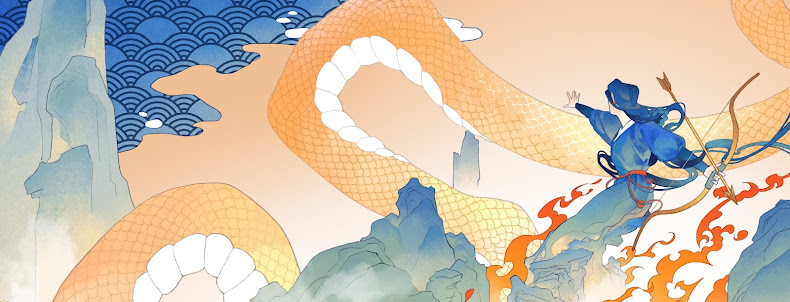I
had picked up this novel at a library book sale several years ago and finally
got to reading it. I am not a huge fan of WWII novels. This particular novel
attracted my attention mainly due to the fact that the author had lived through
the war in France.
The
novel consists of the first two parts of a planned five-part epic, which the
author was never able to finish as she was arrested shortly after completing
those two parts and taken to Auschwitz to be executed.
Part
One (The Storm) is a chronicling of events that took place during the German
invasion of Paris in the summer of 1940. We meet a spectrum of French nationals
ranging from an aristocratic family headed by a museum curator, a famous writer
and his mistress, a wealthy hedonist, a banker, to a working class couple and
their soldier son, a priest and a whore. The author presents her piercing
observation of their differing mentalities and worldviews, mostly dictated by
their social status and possessions. In their individual struggle to survive,
they are collectively forced to endure physical and emotional upheavals that
the war inflicts on them.
Part
Two (Dolce) tells the narratives of three families in the village of Bussy
during the German occupation from spring to July 1, 1941. The three families
represent three different social classes: the aristocrats, the middle-class and
the peasant class, and each holds its own values and attitude towards the enemy
– the Germans. Through depicting their interaction with the Germans, the author
shows us the aristocrats’ pomposity and hypocrisy, the middle-class’s down-to-earth
pragmatism and the peasants’ self-righteous effrontery. Woven into this are two
thwarted love affairs.
Perhaps
this quote captures what in essence was the author’s view on human nature:
Important events – whether serious,
happy or unfortunate – do not change a man’s soul, they merely bring it into relief,
just as a strong gust of wind reveals the true shape of a tree when it blows
off all its leaves.
Overall,
Part One was episodic in style, while Part Two was slow-moving and overly
descriptive. The two parts read like two separate novellas. Nonetheless the
author has keen insights into the human psyche. It’s unsettling to think of the
author facing death herself shortly after the writing ends. I’m giving it 3.4
stars.

No comments:
Post a Comment